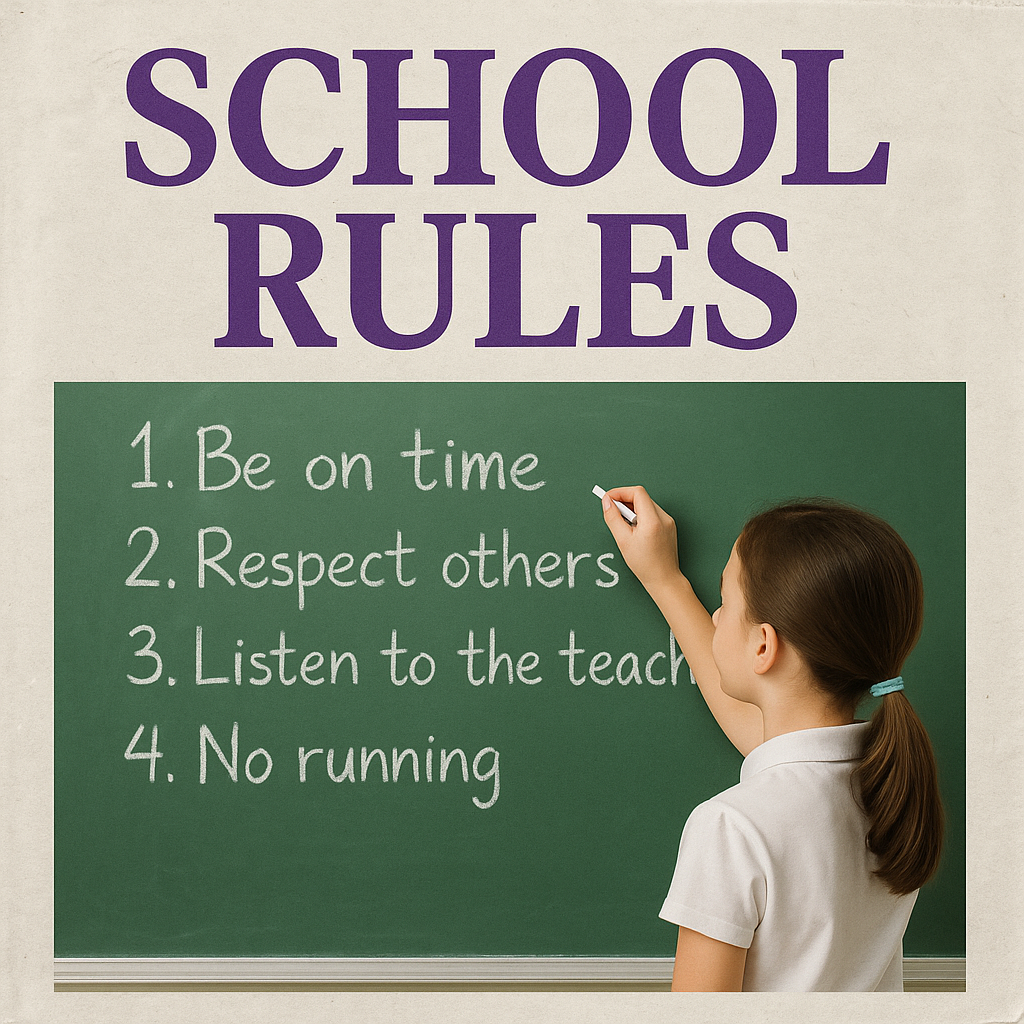Throughout history, students have consistently questioned why the school structure and system function the way they do. Why can’t we simply add rules based on a general agreement among students? Could it be that simple?
We reached out to teachers, students, and administrators to gather their perspectives on existing school rules that need to be changed and any new rules they believe should be implemented.
“I’ve never supported the ban on cell phones,” said Mr. Rust. “One of my students suggested that students should earn the privilege of using their phones. If they have good grades and are not missing assignments, they should be allowed to use their phones.” Known for his enthusiasm, Mr. Rust would also add his own unique rule: “You have to high-five five people in the hallways.” This perspective is colorful and simplistic, but not everyone shares the same viewpoint.
On the other side of the debate, Mr. Weisenfeld firmly believes in banning all cell phones altogether. “If all teachers enforced this ban, it would solve the issue,” he stated. While students might not support this view, he suggested adding a rule for an all-day open cafeteria. “If you’re hungry, you shouldn’t have to wait; just go get food and return to class.”
As more ideas are discussed, the range of possibilities expands. We spoke with a student doing homework and asked for his thoughts on the rules. Eduardo commented, “All rules are perfect; nothing needs to be added or taken away. What we have right now is working, so why change it?”
Ms. Adams had a different perspective, advocating for more extended lunch periods. “Thirty minutes is not enough; we need 45 minutes. Only qualifying seniors should be allowed to leave school for lunch, while everyone else must stay to avoid skipping classes.”
The debate over the pros and cons leaves many feelings conflicted. What should be done, and what shouldn’t? Ms. Smith noted, “Sometimes school rules are made for adults rather than students. For example, the dress code—there’s no research showing that students learn better in specific clothing. It’s designed for teachers, who may not be able to teach effectively if they are uncomfortable.”
Finally, we interviewed a student, and the issue of phone rules came up once again. “The phone rule needs to be changed. My mom is in the hospital, and I need to make sure she’s doing okay.” She emphasized that phones are essential for maintaining contact with family.
The lingering question remains: What should happen next? Do we change what we are accustomed to? Will these changes lead to improvement?








